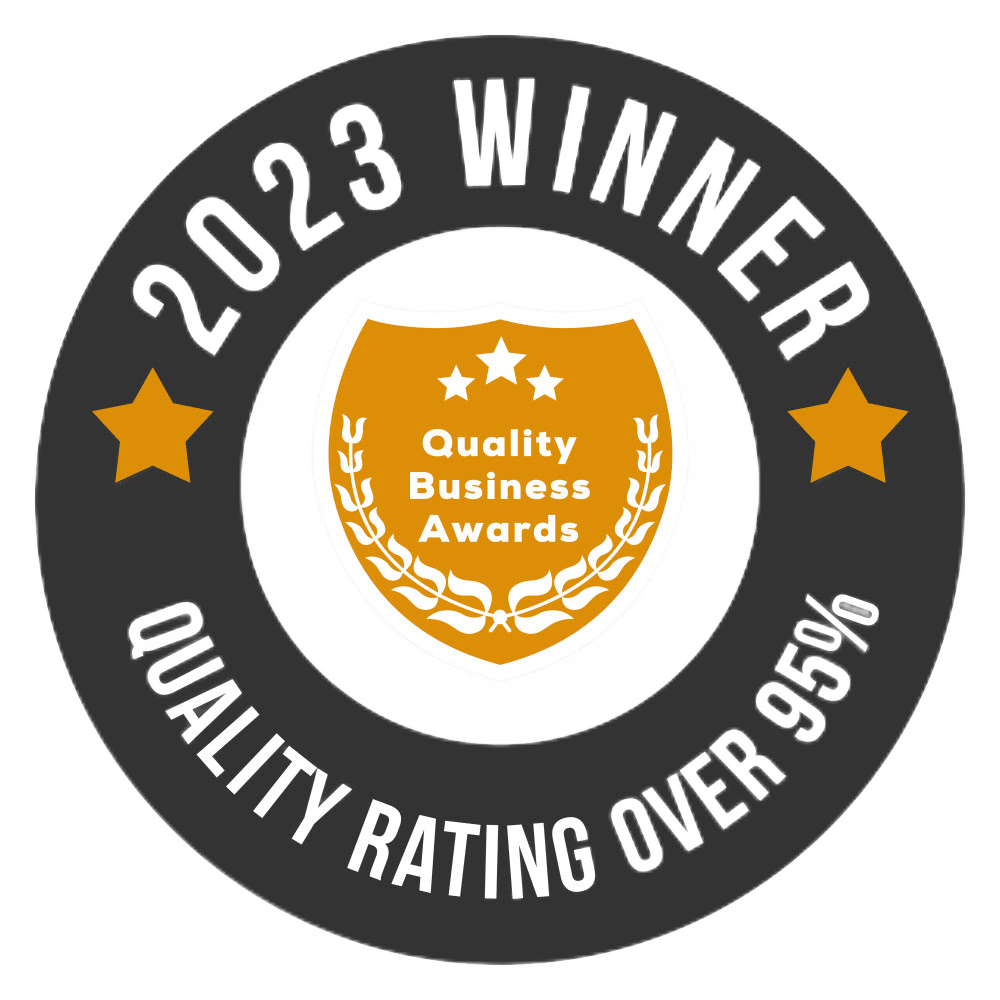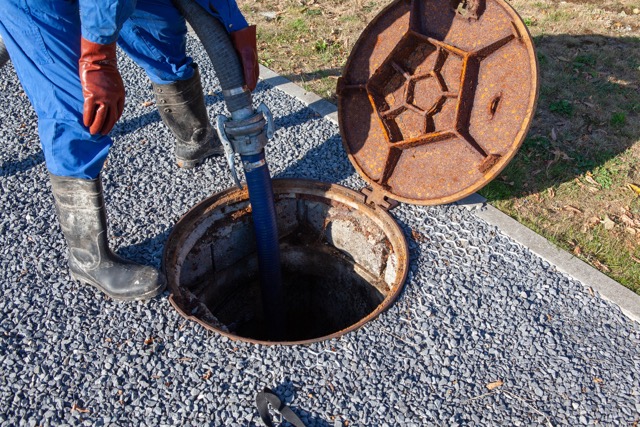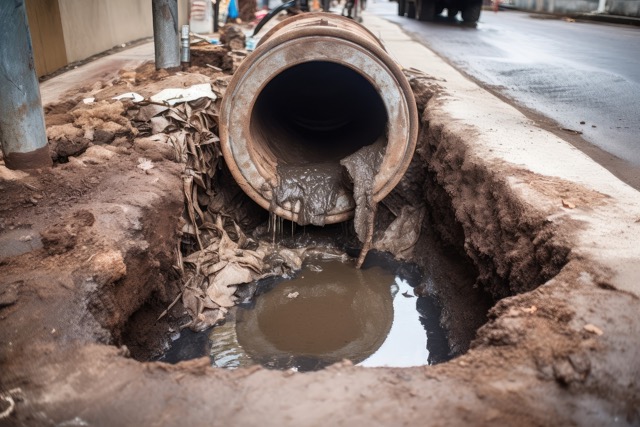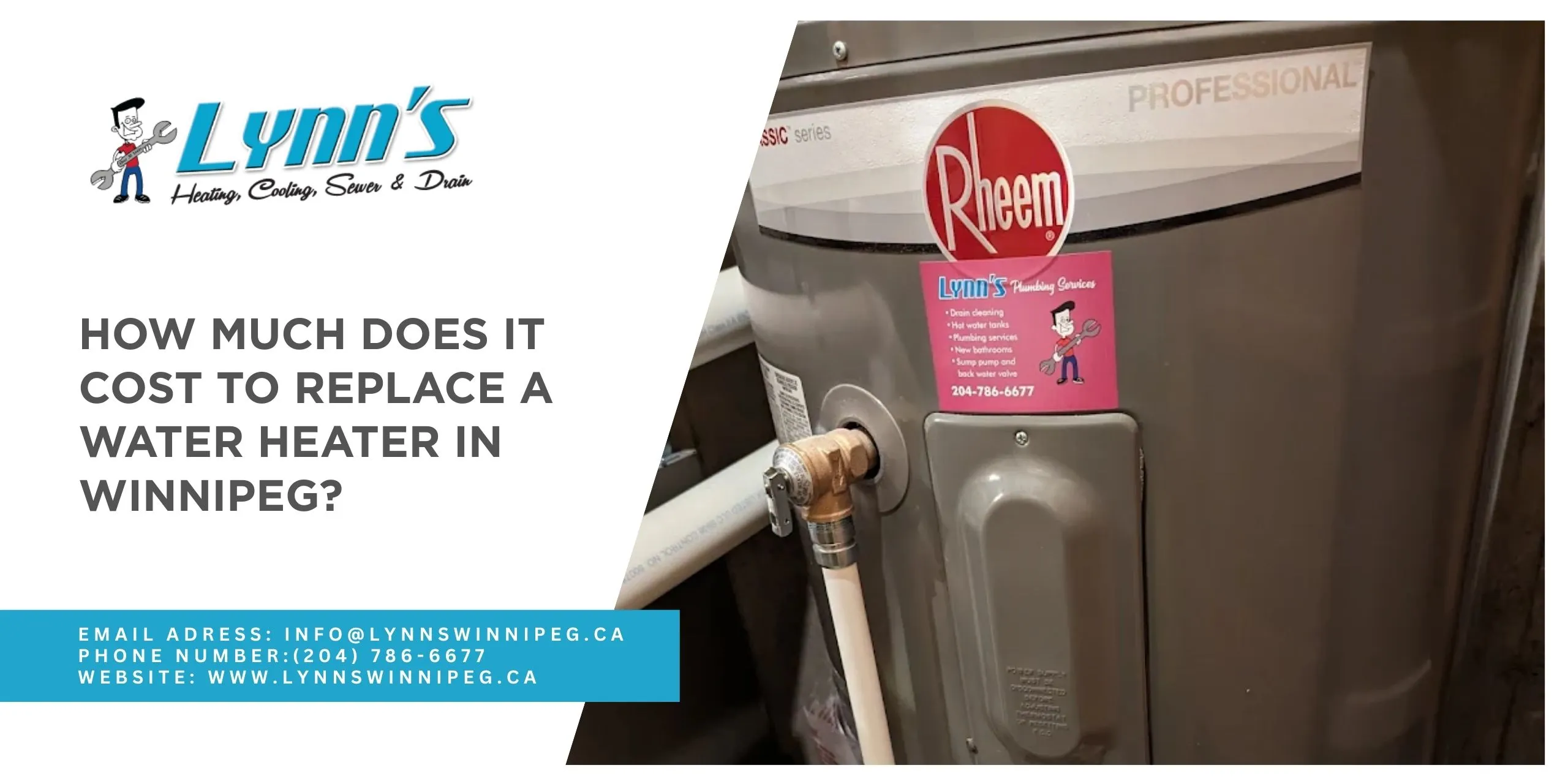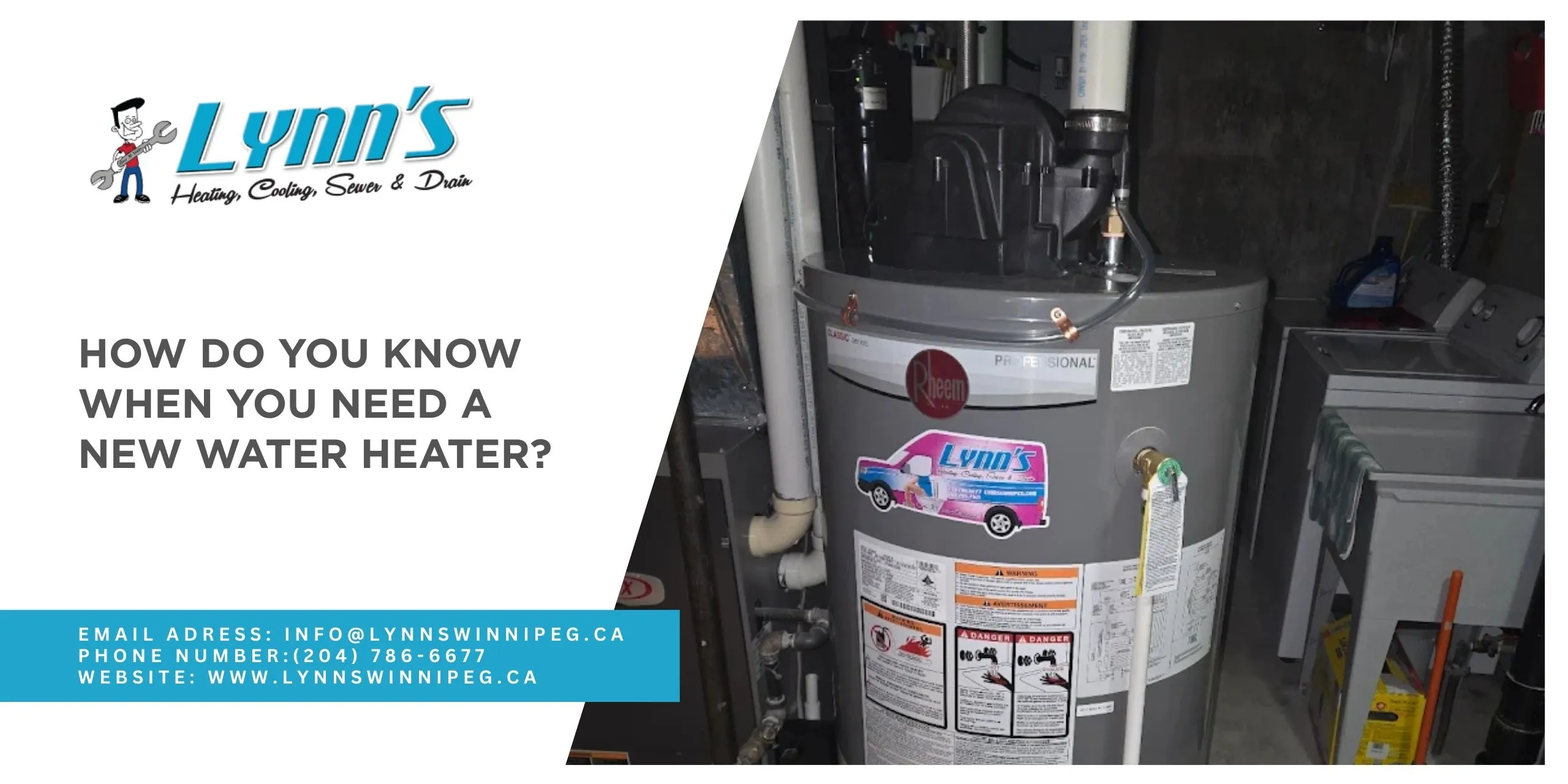We use our sewer and drainage systems but often overlook them until a problem arises. However, this shouldn’t be the case. You should care about maintaining your sewer and drainage systems. Establishing a maintenance routine can minimize costly repairs and daily disruptions.
Why maintain your systems and how can you do it? Those are the questions and we have the answers!
Table of Contents
ToggleUnderstanding the Importance of Maintaining Your Sewer and Drain Systems
Sewer and drain systems are both essential parts of your plumbing system. That’s why you must care for them with professional plumbing services. Otherwise, you risk water damage, mold, and mildew growth. On top of that, keeping them in top shape saves you money in the long run. You should maintain your sewer and drainage systems for the following reasons:
- Protect Your Investment: Both systems are vital to a consistent water flow and eliminating waste. When they break down, it’s inconvenient and expensive.
- Health Considerations: Sewage backups and blockages can make affected areas of your home a breeding ground for bacteria, mold, and poor air quality.
- Efficiency: When a blockage occurs, your systems have to work harder to get the job done. Problems like inefficient water flow or leaks could increase your utility bills.
Considering these considerations, you should think long and hard before neglecting either of your systems. This might leave you wondering how blockages happen. Next, we will discuss the types of blockages and how they occur.
How Sewer and Drain Blockages Happen
When the sewer or drain gets blocked, you’ll notice. Water won’t go down like it should, which can be frustrating and inconvenient. Several objects cause such blockages, including:
Grease and Fat Build-Up
When cooking in your kitchen, you probably don’t think about it when you pour oils, fat, and grease down the sink. However, you should. These substances can solidify and create clogs.
Luckily, there is a way to prevent this from happening. Simply avoid disposing of grease or oils down the drain. You can also use strainers to catch food waste so it doesn’t lodge in your pipes.
Hair and Soap Scum
Next time, you go to rub-a-dub-dub, watch where you put your soap. Hair and soap scum are notorious for building up over time. This often leads to slow drainage in showers and bathtubs.
The solution is simple. Start by installing drain screens in bathroom sinks and showers. You should also regularly clean hair out of your drains to prevent blockages.
Food Waste
Garbage disposals are a great way to get rid of small food waste. However, putting too much in can quickly clog your kitchen drain.
That’s why it’s essential to scrape food scraps off your plate and into the garbage before doing dishes. Never put fibrous foods like potato peels or corn husks in the garbage disposal either.
Tree Roots
If you live in an older home, trees might already have made a home in your sewer pipes. When trees grow close to a house, they can sometimes make their way into pipes in search of water, blocking the pipes.
There isn’t necessarily a way to prevent tree roots from getting into your pipes. However, you can check your pipes with annual inspections and keep trees away from your sewer lines.
Foreign Objects
Be careful what you flush down your toilet. Wet wipes, feminine hygiene products, and even paper towels can clog pipes and cause blockages.
To prevent such issues, you need only be cautious about what you flush. Check labels on different products and use a waste bin instead of flushing any non-degradable materials.
It’s easy to overlook a small blockage because its impact might not immediately be noticeable. However, over time, it can create a bigger (and more expensive) problem. Next, let’s learn about signs that your sewer or drain needs maintenance.
Signs Your Sewer and Drain Needs Maintenance
There are a few telltale signs that you’re about to have a problem with your sewer or drain. Recognizing these early warning signs can prevent pricey repairs and water damage. You should look out for the following:
Unpleasant Odours
Does something smell off in one of your drains? When you start noticing them, you already have or are about to have a problem. Rotting food waste or sewer issues are the common culprits in this scenario.
Slow Drainage
If water is still draining from your sink, tub, or toilet, you don’t have a blockage on your hands (yet)! With that said, when water starts taking longer to drain or begins to sit, you are likely dealing with a partial blockage.
Gurgling Sounds
If there’s one thing most people know about plumbing systems, they aren’t noisy. That’s why you need to watch out for gurgling noises. It means that water is having trouble draining due to a clog.
Backups
When water backs up into sinks, tubs, or toilets, there’s an issue. It could be a severe blockage or a sewer problem.
Water Pooling
Water should be going through your pipes and away from your home. When water begins to pool around your drain or under the sink, you have a leak or another plumbing issue on your hands.
If you encounter any of these issues, call a plumber immediately. Attempting a DIY fix will likely make things worse and cost you even more in the long run. To prevent these problems, follow the maintenance tips in the next section.
Essential Sewer and Drain Maintenance Tips
If you maintain your sewer and drain systems with regular sewer and drain cleaning, you can prevent issues. This helps save you time and money. Here are some of our tips:
Flushing Drains Regularly
Over time, liquids in your drain can stick together to create solid objects, which can result in clogged drains and blockages. Flush your drains with hot water to prevent grease and debris from building up.
Use Drain Screens
Debris, hair, and food scraps can clog your drains (if you let them)! Luckily, you can prevent this by installing drain screens or filters in your sinks and tubs.
Avoid Chemical Cleaners
Even if you think they’re stronger, using chemical cleaners isn’t worth it. They can damage your pipes. Don’t pour them down your drains; instead, use natural solutions like baking soda and vinegar.
Manage Tree Roots
Be cautious if you live in an older home. Older pipes tend to be the ones that tree roots like to invade. Hire a plumber to check for roots in your sewer lines and have them professionally removed.
Get Routine Inspections
Clogs and blockages can happen at any time, but they can be prevented. Schedule annual inspections to catch issues before they worsen. A plumber can use a camera to see what’s happening in your pipes.
Prevent Freezing
Winnipeg winters are bitterly cold. That’s why you need to insulate your pipes to prevent them from freezing. If you don’t, you risk blockages and leaks.
Following these tips and scheduling annual inspections can keep your pipes in top shape. It will allow your sewer and drain systems to work without worrying about clogs and blockages.
Prevent Sewer and Drain Issues Today!
Regular sewer and drain maintenance is essential. Caring for your plumbing system saves time and money that would otherwise be spent on extensive repairs. Suspect something’s wrong with your sewer or drain? Lynn’s in Winnipeg has you covered.
Don’t let a blockage win! Contact us today!

